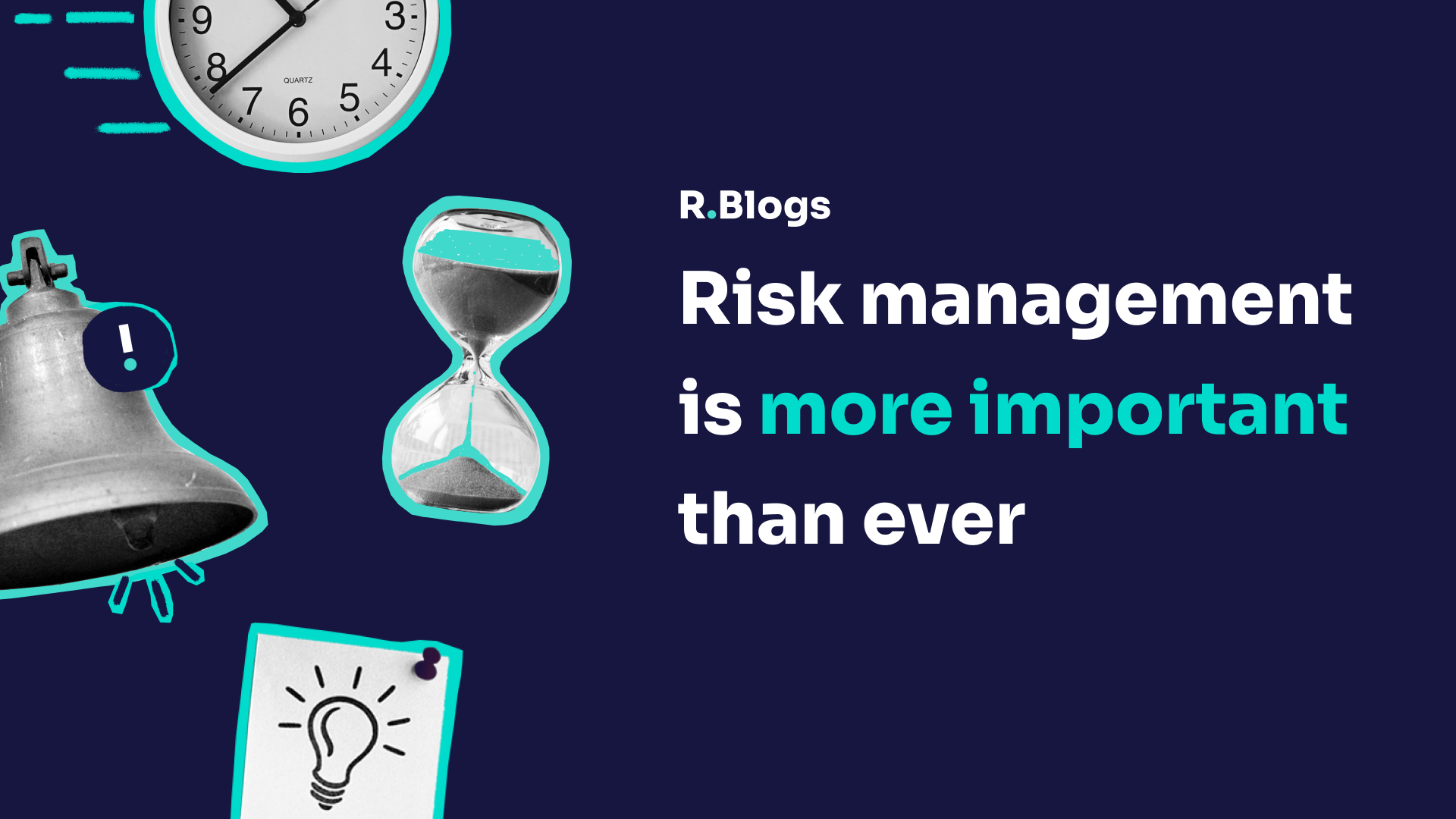The Impact of the Importance of Risk Management on Organizational Governance
The Impact of the Importance of Risk Management on Organizational Governance
Blog Article
The Important Significance of Risk Management in Achieving Organizational Goals
In the rapidly developing company landscape, the capability to navigate unpredictability has become a necessary. This is where Risk Management actions in, giving an organized approach to recognizing, analyzing, and mitigating possible obstructions to proceed. It's greater than simply a safety procedure - it's a tactical tool, cultivating durability and innovation. As we explore the critical function of Risk Management in achieving business goals, one can not wonder but help: how does this translate into real-world success?
Understanding the Principle of Risk Management in Service

The Integral Function of Risk Management in Strategic Preparation
Incorporating Risk Management into tactical planning acts as a protect for companies, securing their long-term strategies with a strong structure of preparedness and strength. Risk Management provides a framework for anticipating unpredictabilities and creating suitable responses, ensuring the company's survival and prosperity even in the face of difficulty. By integrating Risk Management into strategic preparation, organizations can transform these uncertainties into possibilities for development and development.

Techniques for Identifying, Assessing, and Focusing On Risks
Navigating the facility landscape of dangers requires the application of details methods for their prioritization, identification, and assessment. The process starts with Risk recognition, utilizing devices such as SWOT analysis, which aids in pinpointing possible hazards and chances. Next off, Risk analysis is conducted to identify the potential influence and possibility of each Risk. Tools such as Risk matrices and impact-probability graphes are utilized for this. Threats are prioritized based on their possible influence and likelihood, enabling companies to concentrate their sources on high-priority threats. This systematic technique guarantees a thorough understanding of the Risk landscape, enabling organizations to make informed choices and properly manage dangers to achieve their objectives - importance of risk management.
Securing Organizational Operations With Effective Risk Management
In the business landscape stuffed with uncertainties, reliable Risk Management plays a critical function in safeguarding business operations. By recognizing and evaluating possible hazards, Risk Management allows companies to establish robust backup strategies. Organizations must spend in thorough Risk Management strategies to protect their procedures.

Transforming Possible Hazards to Opportunities: The Power of Risk Management
An aggressive technique to take find more info the chance of Management involves identifying, evaluating, and prioritizing risks to devise approaches that turn them into prospective benefits. Hence, by leveraging the power of Risk Management, companies can not only protect their procedures however additionally stimulate development and accomplish their objectives in an unpredictable company atmosphere.
Situation Studies: Success Stories of Risk Management Driving Service Objectives
Successful implementation of Risk Management techniques has actually produced excellent outcomes in numerous businesses, emphasizing the advantages of this method. Multinational firms like Microsoft and Google, for circumstances, have leveraged Risk Management to decrease dangers and manipulate chances, driving their service purposes forward. These instances illustrate exactly how effective Risk Management can not just guide services clear of prospective challenges however additionally guide them towards their strategic objectives.
Verdict
Finally, Risk Management is basically important in attaining business goals. It uses a systematic method to determining, analyzing, and attending to possible hazards and chances. Even more than simply mitigating threats, it also promotes advancement, strength, and lasting growth. By incorporating Risk site Management into tactical planning, organizations can better navigate uncertainties, protect procedures, and capitalise on possibilities, thus aligning with long-lasting purposes.
At its core, Risk Management is the procedure of recognizing, analyzing, and resolving potential risks that might negatively influence a company's goals or procedures. Next off, Risk analysis is conducted to determine a knockout post the potential impact and likelihood of each Risk. Dangers are focused on based on their possible impact and likelihood, allowing organizations to concentrate their sources on high-priority risks. By recognizing and evaluating possible dangers, Risk Management allows companies to develop robust backup strategies. A proactive strategy to run the risk of Management includes identifying, analyzing, and focusing on risks to create techniques that transform them into possible benefits.
Report this page